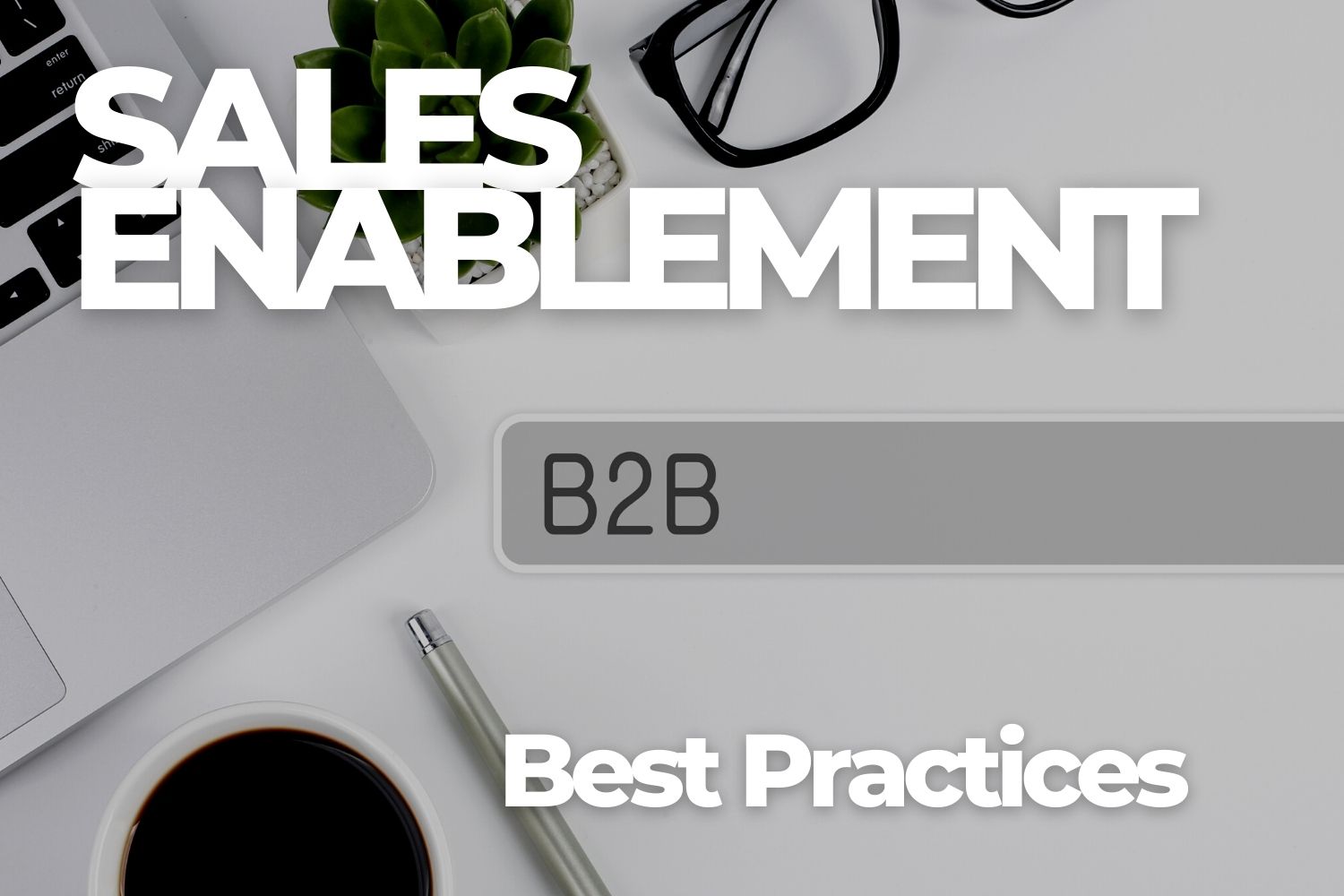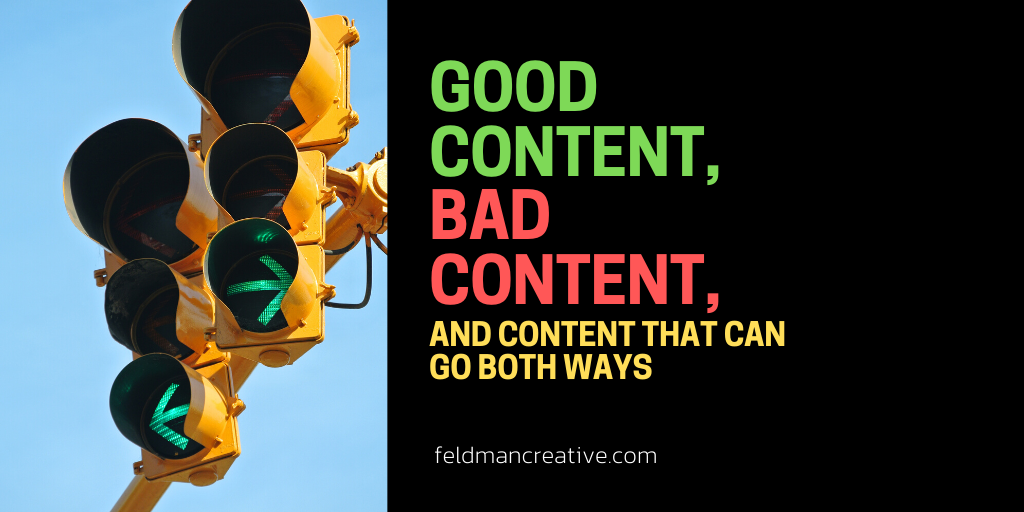21 Pointers to Sharpen Your Website: Part 4
Sure, we could find more fascinating subjects than content management systems, but if we are to get good at this Internet marketing thing, it’s vital we tackle the basics.
Tell you what: we’ll get in, get out, and get you all set to move on to a far more interesting subject—your content. Here we go, Q&A style…

Do you need a content management system (CMS)?
You tell me:
- Do you understand (or would you like to) how important it is to update your site’s content frequently?
- Will your site have a blog?
- Would you like to be able to update your website without relying on a web developer every time?
If you came up with one, two or three “yes” answers, you’re bound to get something valuable from this article. If you said “no, no, no,” this piece no longer merits your time. Bye now.
What is a CMS?
It’s your publishing application. Yep. You’re a publisher now and there are apps for that. You’re going to use your CMS, much like a word processor, to publish and manage content for your website. And you’re going to be oh-so-nimble.
How do I know you need a CMS?
Because you want to achieve greater levels of success with your online marketing. You want your website to be the most serious tool in your marketing mix. If you don’t, I’ll ask you again to please give up your seat to someone who wants to know this stuff.
Here’s the thing. The key to being successful online is to get qualified prospects to your site. The key to getting qualified prospects to your site is being found on Google. The key to being found on Google is be hip to what’s happening in search. What’s happening in search? Website’s that regularly publish relevant content are getting much greater prevalence.
I’m not making this stuff up. And I’m not an SEO dweeb either. I’m a website copywriter who’s keeping close tabs on online marketing practices and am seeing the relevance + recency formula prove all-powerful.
Isn’t a CMS system for blogging?
Yes. Guess what? You need one of those too. Sites with blogs generate way more traffic. Sites with blogs get shared via this insane cyclone called social media. Sites with blogs engage your customers to interact with you. (Please agree you want that to happen.) Sites with blogs create customer loyalty. Loyalty creates advocacy. Advocacy creates sales.
You don’t have to have a blog to justify having a CMS. There are many additional benefits. So, sure, you blog-snubbing snobs can stick around if you want.
Won’t a CMS make my website look like a blog?
No. Your website can be anything you want it to be.
How does a CMS make things easier?
The answer is simple. I mean, simple is the answer. Working on websites used to be for those who graduated from HTML University. Not anymore. CMS can be a friend to every man, woman and child, technically inclined or challenged. It gives you a WYSIWYG editor much like the apps you actually like. Don’t know what a WYSIWYG editor is? LOL. And C-U-L8er.
Why is a CMS good for the website design?
Two answers for this one. First, your site can go from zero to amazing in six seconds. No kidding. Popular CMS’s have massive aftermarkets. Amongst them are “themes,” which is another word for “template,” which is a bland term to describe designs. I’m not talking about bitter little green things, which in time will ripen. I’m talking about some gorgeous, fully developed, highly flavorful fruit fresh from the vine (and online).
Have at ‘em. They’re cheap. And they’re all over the place. Go to themeforest.com for starters and you’ll have your pick of 5,144 of them. (Don’t go yet.)
The second reason CMS is good for your website design is it maintains continuity and order. Writers can write without messing up the graphics and vise-versa.
What else will you love about your CMS?
Tidy archives—You can store hundreds of pages, photos, and what have you. I stash little sparks of ideas there and use my CMS as a halfway home for articles in the works.
Team-working—Set-up your CMS to grant various levels of functionality to contributors of different stripes. People can work separately and together and help make your site a well-attended company picnic.
24/7 access—There’s no war room. Any authorized user can sign in anytime from anywhere.
Calendar control—You’ll have an auto-timer, that is, you can schedule content to post immediately or at a future time.
Suiting up for search—CMS’s make it easy to fiddle with keywords, titles, tags and all that SEO stuff.
Friendly little feeders—CMS systems work like a charm with really simple syndication (RSS) feeds, which will automatically push content to subscribers and sites you select.
The price—CMS systems are free. Okay, truth be told there are a ton of them, some do have subscription fees and/or various priced-tiers. The three most popular, WordPress, Joomla and Drupal, which account for more than three-quarters of the systems in use, offer free open-source CMS.
Pluginability—If you saw a site somewhere perform some fun little trick, chances are good it was the work of a CMS plugin or widget. Programmers the world over conceive, create and customize these feature-expanding gems like crazy. They’re also mostly free.
Which CMS should you get?
Get WordPress. It’s feature-rich and free. I have it, learned it fast, and like it. I usually find it easy to do things with it and when I don’t, it’s easy to find someone to do it for me. WordPress is ubiquitous and silly putty for programmers.
Should you consider Joomla, Drupal and the others?
Go for it. You didn’t hear it here though. I’ve come across more ex-users than current users. However, there are oodles to choose from and the top players offer different sets of features and benefits to satisfy different requirements. Now that you speak CMS 101, you’ll have no trouble finding more information on specific offerings. This article on the 20 best CMS looks to be a strong round-up from a credible source in the round-upping business.
Should you learn more about CMS?
Nah. You know what I know now and I’m getting on just fine and concentrating instead on content, as a marketer should. But don’t let me be the one to fling you in the deep end. If you have advanced needs, by all means advance your command of this stuff. Or, if you know which platform you’ll choose, help yourself to the many publications, sites, forums and fertile resources available about it.
I’ve said what I’ve come to say. If you have questions, easy ones, about CMS, I’ll try to answer them. If you have answers, I’ll try not to question them. Go.
My eguide, “21 Pointers to Sharpen Your Website,” touches on the subject of creating your website on a simple CMS platform and there’s 20 more important points, so you might want to check it out.
Related articles
- Which CMS is best for your website? (itconsultancyservicesusa.wordpress.com)
- Approaching Content Mangement Systems (itconsultancyservicesusa.wordpress.com)






